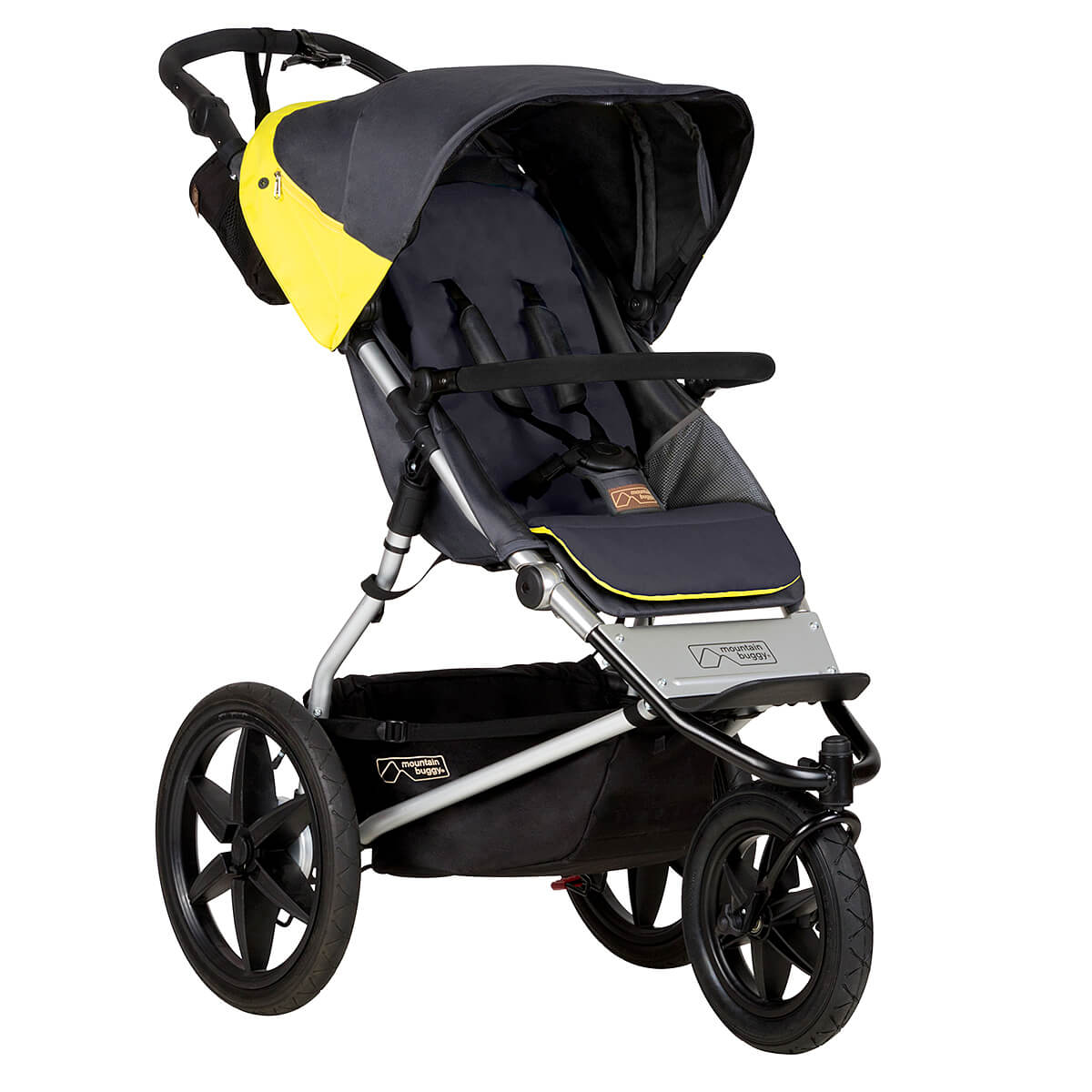So you're thinking of buying a buggy or travel system - congratulations! I'm sure you've read a few articles by now and maybe checked out some review sites, online forums or facebook groups. Maybe you've even gone to a few shops.
You will find an awful lot of information about weight and whether you can lift them with one hand. You can look at how good they are for public transport and whether they're more of an all terrain vehicle.
But do they tell you about whether they help promote your relationship with your baby? Do they tell you how easy they are to learn to manage by yourself?
One of the things I learnt as a new mum was about how important buggies are to your mental health. I know - that sounds crazy, right?! But bear with me...
1. Facing your baby is important to the attachment process
Having a buggy system where you can face your baby is really important. It means that they know where you are and you know what is going on for them. You are more available to notice their cues and respond in an attuned manner. And this can be really helpful in building your relationship with your baby and helping you enjoy the relationship more.
2. Think about how much you are going to be doing with your buggy by yourself.
When you're a new parent, you learn a lot of things very quickly. There is so much you cannot know before you get there. It's often a 'learn on the job' kind of activity.
And most of the time you will be learning all these things by yourself. That can be pretty daunting when you've got a baby in one arm and you've got a busload of passengers watching you trying folding it for the first time.
Forget having an audience for reverse parking, that's not nearly as stressful!
So practise, practise, practise with your buggy, before you have your baby. You might feel daft, but you'll feel better doing it now.
3. If you have more than one child of different ages, consider a sling.
This is great because if you have one child in the buggy, you can also see your baby. As in the first point above - it helps promote attunement, which helps your baby feel more secure and you to feel more confident. A win win.
4. If you get a buggy that isn't 'perfect' - you haven't 'got it wrong'
Many parents spend an awful lot of time and money trying to find the 'perfect' buggy for them. So it can be really upsetting and disappointing when you discover that for some reason it's not as wonderful as you hoped it would be.
You will make many mistakes as a parent, and some of them WILL be expensive. Disappointment is part of the learning process, and it doesn't mean that you're doing a bad job, it means that you know more now than you did then.
Being a parent is often an exercise in being able to be kind to yourself. You will not get it 'right' all the time, and being able to pick yourself up, be kind to yourself and move on are all useful learnings (that you will also be able to share with your child).
5. Prepare yourself for buggy rage
I wish that this wasn't true, but as a parent you will be subject to a lot of judgement. This extends to your buggy. You will be judged for your handling skills. You will be judged for your level of pavement politeness (or not). You will be judged as to whether you look tired enough to claim the free space on the bus.
I'm not going to get into the why's and wherefore's about this, but I wanted to point it out because it can be really upsetting, especially when you're trying to learn all these new skills and feeling a bit sleep deprived.
You will learn your strategies to deal with it, and it's good to remember that often when a random stranger is grumpy with you because of your buggy, it is NOT YOUR FAULT. It's quite often to do with something that is going on in their life.
FREE FACTSHEET - 10 ways to bond with your baby before and after birth.
If you would like more information about things that can help you promote attachment with your baby and other issues of interest to parents, enter your email address to receive your free factsheet and subscribe to our regular newsletter.

